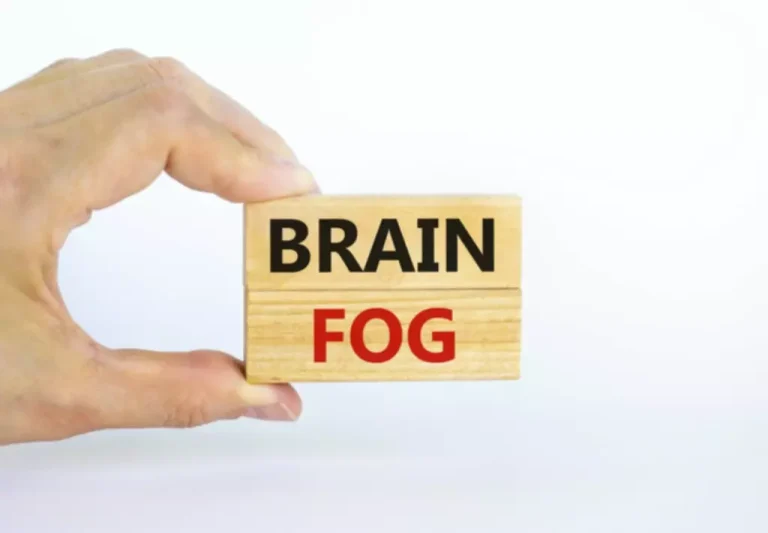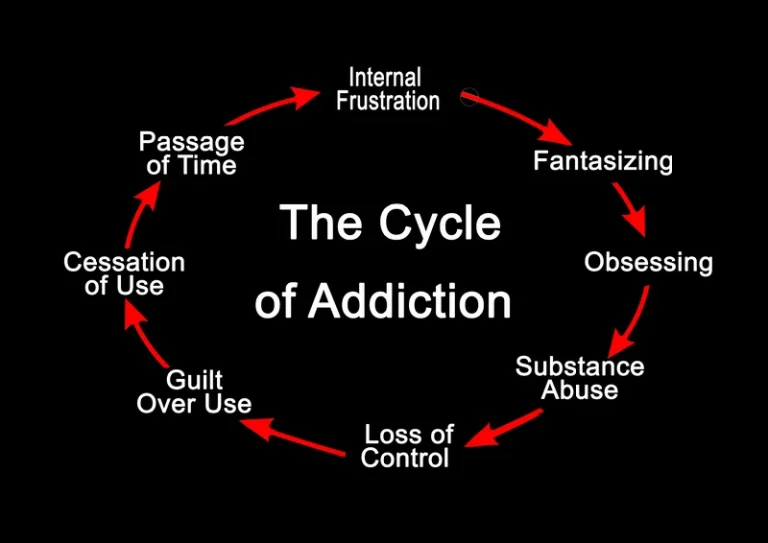
For a person to recover fully, they’ll generally need treatment that addresses both disorders. Based on existing research, we can’t say that alcoholism causes a personality disorder like narcissism. Personality disorders usually start when someone is a teenager or young adult.
Alcoholism Treatment
- A loved one’s drinking and selfish behavior can be devastating and cause a great deal of pain and disappointment.
- While it’s true that drinking can temporarily satisfy your emotional needs and desire for attention, this reprieve is short-lived and often leads to alcohol-related problems and dangerous situations.
- Regardless, it’s always a good idea to look for mental health help if you’re experiencing something that causes you distress.
- Even when an alcoholic doesn’t have a full diagnosis of NPD, they act in ways that are similar to a narcissist.
Many individuals with narcissistic personality disorder (NPD) turn to alcohol as a coping mechanism, complicating their path to sobriety. In such cases, alcohol rehab centers in Pennsylvania play a vital role in addressing these intertwined issues, providing specialized care for those in need. Many people struggling with substance misuse have co-occurring mental health disorders.
Seeking help
Alcohol use disorder (AUD) describes a person’s chemical and psychological dependence on alcohol. Instead, they take on personality traits that may not be their own to make themselves look more powerful or interesting. Let Little Creek Recovery Center guide you down the right path to recovery, personal growth, and long-term sobriety. In a conflict, a narcissist will turn everything around on you, gaslight, and refuse to apologize or agree to change.

The Vicious Cycle: When Narcissism and Addiction Collide

A person with narcissistic personality disorder may have an inflated or grandiose sense of self-importance or worth and experience feelings of entitlement. Supporting a loved one struggling with narcissism and alcoholism can be difficult, but it is important to approach the situation with compassion and understanding. Supporting them with emotional support and encouraging them to seek professional help can be effective ways to help them overcome their addiction and manage their narcissistic tendencies. When dealing with the complex and challenging combination of alcoholism and narcissism, seeking help and recovery is crucial for both the individual and their loved ones. Recognizing the need for intervention and understanding the available treatment options are important steps towards reclaiming a healthier and more fulfilling life.
Narcissism and alcohol use disorder
Additionally, there are different types of narcissism, including vulnerable narcissism and grandiose narcissism. Treating alcoholic narcissism requires a comprehensive approach that addresses both the alcohol addiction and the underlying narcissistic traits. The goal is not only to achieve sobriety but also to promote personal growth, self-reflection, and healthier ways of relating to oneself and others. Moreover, alcohol can contribute to the erosion of personal relationships, as narcissistic behavior fueled by alcohol can lead to conflicts, manipulation, and emotional abuse. This toxic dynamic further perpetuates the cycle of alcoholism and narcissism, as the individual may continue to rely on alcohol as a means of self-soothing and self-medication.
- Patience and support are therefore needed to ensure the best possible outcomes.
- In such cases, alcohol rehab centers in Pennsylvania play a vital role in addressing these intertwined issues, providing specialized care for those in need.
- It’s also worth noting that not all narcissistic traits are inherently negative.
AUD Prognosis
Enabling behavior can perpetuate the cycle of alcoholism and narcissism by shielding the alcoholic narcissist from the natural consequences of their actions. It is important for the codependent partner to recognize the unhealthy dynamics at play and seek support for themselves, such as therapy or support groups. This can empower them to establish healthier boundaries and prioritize their own well-being.
- Alcohol can act as a coping mechanism for individuals with narcissistic tendencies, providing temporary relief from feelings of insecurity, low self-esteem, and emotional vulnerability.
- The experience of having nothing to do, and no one to impress, fills them with dread because it brings with it a risk of self-reflection.
- Living with an alcoholic narcissist can be an emotional rollercoaster, and maintaining your equilibrium can be challenging in the face of their ever-changing emotions and demands.
- People with narcissistic traits or NPD often exhibit a grandiose sense of self-importance, a preoccupation with fantasies of unlimited success or power, and a belief that they are special or unique.
Where to Find a Support System
The cycle of addiction and narcissism is complex and can be challenging to break. While it’s true that drinking can temporarily satisfy your emotional needs and desire for attention, this reprieve is short-lived and often leads to alcohol-related problems and dangerous situations. Understanding the link between your addiction and narcissism allows you to be more mindful of the factors that contribute to your drinking problem.

If you think that you or a loved one has NPD or AUD, knowing the symptoms can help you better understand both conditions. You might also consider seeing a therapist who can provide you with https://ecosoberhouse.com/ coping tools and a means to sort out your feelings. This is especially true if you have conflicted emotions and are reluctant to speak with others who might judge you or your relationship.
Regardless, it’s always a good idea to look for mental health help if you’re experiencing something that causes you distress. However, NPD includes other traits, such as needing constant praise and special treatment, reacting negatively to criticism, and manipulating others. People with NPD might be unwilling or unable to recognize others’ feelings and needs. These overlapping narcissism and alcoholism traits can make it hard to distinguish alcohol misuse from narcissism. In some cases, someone who’s misusing alcohol may display similar tendencies to narcissistic people — or at least, it might come across that way to those around them. If you have NPD and AUD, finding support can be challenging because they are two separate disorders with two separate treatment approaches.

